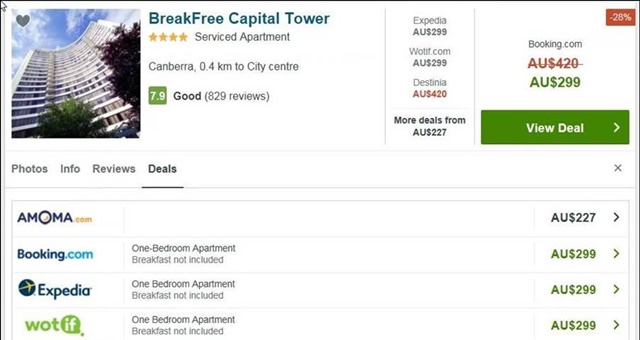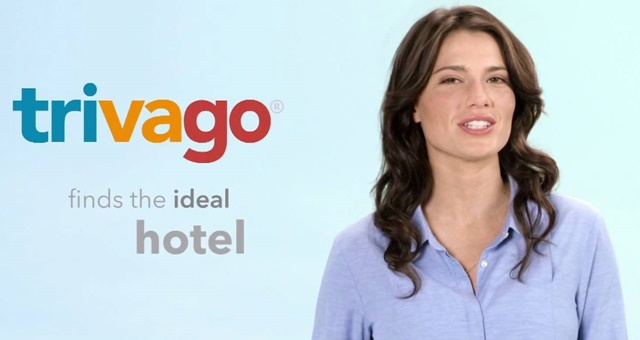
Hotel price aggregator Trivago is facing potentially a multimillion-dollar fine after being found guilty of breaching Australian Consumer Law by misleading consumers in both digital and television advertising.
In a 91-page judgement handed down by the Federal Court in Melbourne, Trivago was found to have been using a digital algorithm in its online hotel listings which favoured partner websites paying higher levels of commission to Trivago on a cost-per-click basis. The Court also found the platform displayed greater discounts to consumers when in fact these prices were comparing upper-tiered room categories against lead-in categories instead of like-for-like.
According to the Australian Competition and Consumer Commission (ACCC), which initiated the proceedings in 2018, Trivago was giving consumers a false impression of savings and not “comparing apples with apples when it came to room type”. This activity was found to have been taking place from “at least December 2016” until at least 2 July 2018”.
“Trivago’s hotel room rate rankings were based primarily on which online hotel booking sites were willing to pay Trivago the most,” said ACCC Chairman, Rod Sims.
“This decision sends a strong message to comparison websites and search engines that if ranking or ordering of results is based or influenced by advertising, they should be upfront and clear with consumers about this so that consumers are not misled.”

In a statement provided to HM, Trivago said it was closely reviewing the judgement, which provided “new guidance” on how results of aggregator websites such as Trivago and others need to be displayed in Australia.
“We are working to quickly understand the implications of this decision on our website design and its overall impact on the Australian travel industry and the way websites are to be designed in Australia. We will continue helping millions of Australians research and find great accommodation deals and look forward to continuing to help our customers find their ideal hotel.”
The decision has not gone unnoticed by Australia’s two leading industry associations, with Tourism Accommodation Australia CEO, Michael Johnson, welcoming the findings and labelling the behaviour as “deliberate and widespread”.
“Given the influence that booking platforms such as Trivago have in Australia’s accommodation industry, behaviour such as this has the potential to have a significant impact on our hotels and tens of thousands of jobs that they support,” Johnson said.

The Accommodation Association of Australia praised the role of the ACCC, saying it was glad the competition regulator was prepared to take strong action when online travel agents are found in breach of consumer law.
“The verdict reinforces the importance of guests booking directly with the accommodation provider to ensure they obtain the best deals available,” said CEO, Dean Long.
“The Association continues to liaise with the ACCC on online travel agent behaviours that restrict the ability of hotels to offer their customers the best possible deal.”
The ACCC has sought penalties for declarations, injunctions and costs, with a hearing to determine these matters to be set at a later date.

